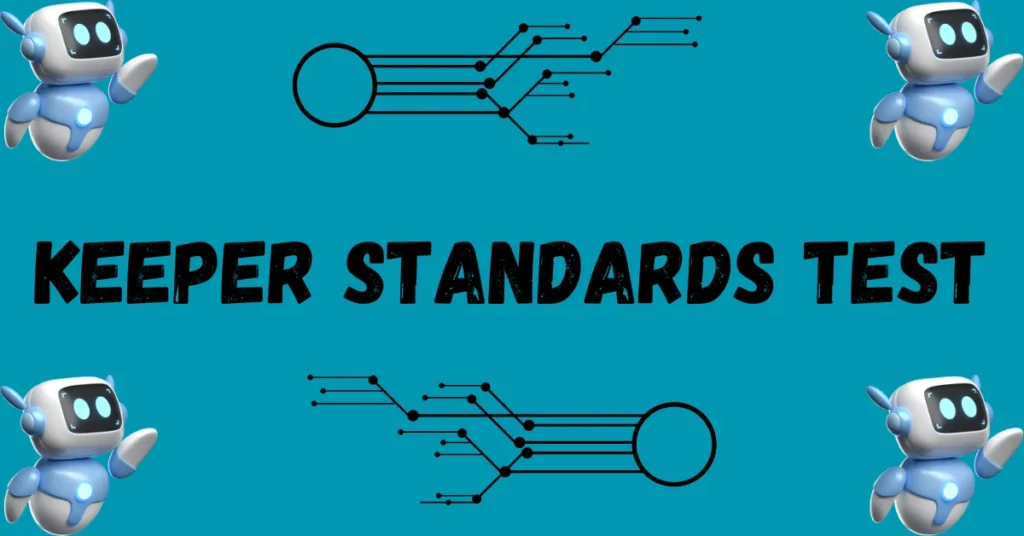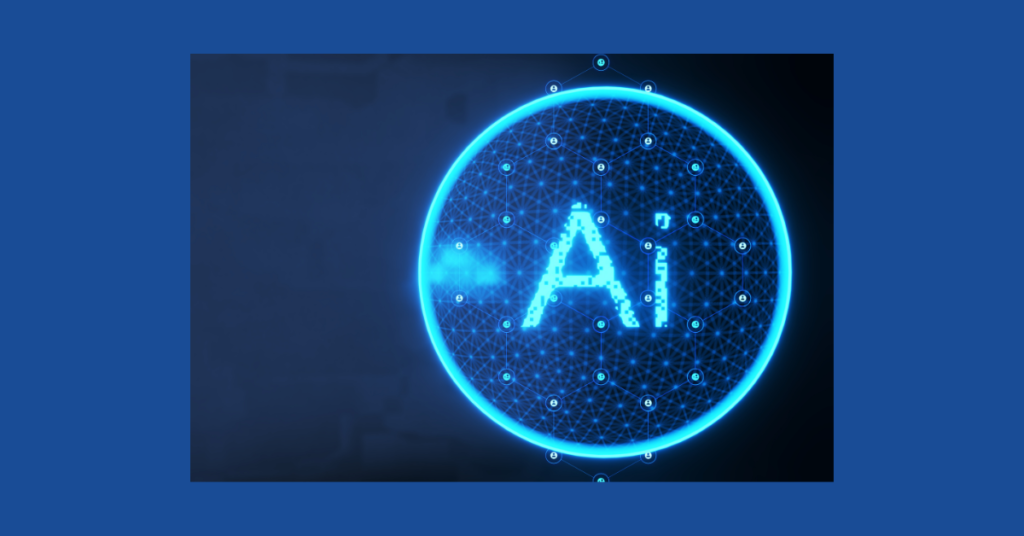
Artificial Intelligence is rapidly transforming our world, offering innovations that were once the stuff of science fiction. However, with great power comes great responsibility. As AI systems become more integrated into our daily lives, it’s crucial to ensure they operate reliably and ethically. Enter the Keeper Standards Test—a benchmark designed to evaluate these very qualities in AI technologies.This test serves as a litmus for developers and companies alike, guiding them toward responsible AI development. But what exactly does this entail? And why should we care? Let’s dive deeper into the significance of assessing AI through this critical framework.
What Is The Keeper Standards Test?
The Keeper Standards Test is a standardized assessment designed to evaluate knowledge and skills necessary for maintaining and overseeing various professional and educational environments. It typically covers a range of topics relevant to custodial, administrative, and management responsibilities. The test assesses your competency in several areas, ensuring that you are equipped to uphold the standards required in your role.
Understanding the importance of evaluating AI reliability and ethics
As artificial intelligence becomes more integral to our daily lives, the need for reliability and ethics in AI systems grows. Trust is essential. We rely on these technologies for everything from healthcare to finance. Evaluating AI reliability ensures that systems perform as intended. It minimizes errors that could lead to significant consequences. When we know an AI system can be trusted, it fosters greater acceptance among users. Ethics also plays a crucial role in this landscape. Decisions made by AI should reflect fairness and accountability. If algorithms are biased or opaque, they can perpetuate injustice rather than promote equity.
Understanding The Test Format
Test Components
The Keeper Standards Test consists of several components:
- Written Examination: This section includes multiple-choice questions that assess your theoretical knowledge.
- Practical Assessment: Candidates may be required to demonstrate hands-on skills in real or simulated environments.
- Oral Interview: Some assessments may include an interview to evaluate your problem-solving skills and knowledge application.
Scoring System
Understanding the scoring system is crucial for your preparation. Each component is weighted differently, and it’s essential to know how your overall score is calculated. A passing score typically ranges between 70-80%, depending on the specific standards set by the administering body.
Key Areas Of Knowledge
Custodial Standards
Understanding custodial standards is essential for anyone in a maintenance role. Key topics include:
- Cleaning Protocols: Familiarity with cleaning products, safety procedures, and environmental regulations.
- Maintenance Procedures: Knowledge of regular maintenance schedules and repair techniques.
Safety Regulations
Safety is paramount in any custodial or management position. Areas to focus on include:
- Occupational Safety: Awareness of OSHA standards and workplace safety protocols.
- Emergency Procedures: Understanding emergency response plans and evacuation routes.
Management Skills
For those in supervisory roles, management skills are vital. Focus on:
- Leadership Techniques: Effective communication and team management strategies.
- Conflict Resolution: Methods for addressing and resolving workplace disputes.
Environmental Standards
Sustainability is becoming increasingly important. Key areas include:
- Green Cleaning Practices: Familiarity with eco-friendly products and techniques.
- Waste Management: Understanding recycling protocols and waste disposal regulations.
Read More: waterparks band otto serial killer
Examples of AI systems that have passed or failed the test

The Keeper Standards Test has become a benchmark for assessing AI systems. Some notable examples illustrate this point vividly.IBM’s Watson Health is one such success story. It effectively navigated the test, demonstrating reliability in processing medical data and aiding healthcare professionals with informed decisions. On the flip side, facial recognition technology from several companies has encountered significant hurdles. Many of these systems failed due to high error rates and bias against certain demographic groups, raising serious ethical concerns. Another interesting case is Google’s DeepMind. It passed various components of the Keeper Standards Test by showcasing transparency and accountability in its algorithms. These instances highlight not only what can be achieved but also what must change within AI development. They serve as critical reminders that trustworthiness isn’t just a checkbox—it’s essential for societal acceptance.
The impact of unreliable and unethical AI on society
Unreliable and unethical AI can have far-reaching consequences. When algorithms falter, they can lead to misguided decisions in critical areas like healthcare or criminal justice. The stakes are high when lives depend on accurate data.
Moreover, biased AI systems perpetuate existing inequalities. They often reflect the prejudices inherent in their training data, leading to unfair treatment of marginalized groups. This creates a cycle of discrimination that is hard to break.
Trust erodes as public awareness grows about these issues. People may become wary of technology designed to improve their lives. This skepticism hampers innovation and slows progress toward beneficial application.
Test Day Tips
Arrive Early
On test day, aim to arrive at least 30 minutes early. This gives you time to settle in, review materials, and reduce anxiety.
Bring Necessary Materials
Ensure you have all required materials, including identification, writing utensils, and any allowed resources. Double-check the test guidelines for specifics.
Read Instructions Carefully
Before answering questions, take a moment to read all instructions thoroughly. This can prevent costly mistakes.
Manage Your Time
Keep an eye on the clock. If you encounter difficult questions, it may be wise to skip them initially and return to them later.
Future considerations for AI development and testing
As technology evolves, the landscape of AI development will change dramatically. Future considerations must include not only enhanced algorithms but also more robust ethical frameworks.
Integrating diverse perspectives in AI design can prevent biases from creeping into systems. This means involving ethicists, sociologists, and community representatives right from the start.
Transparency will become increasingly vital. Users deserve to know how decisions are made and what data drives those outcomes. Clear communication fosters trust between developers and users.
Moreover, adapting testing methods is crucial as AI applications grow in complexity. Simulations that mimic real-world scenarios could provide deeper insights into potential failures or ethical dilemmas.
FAQs about the Keeper Standards Test:
What is the Keeper Standards Test?
It’s a standardized test that evaluates AI systems for reliability, ethics, and transparency, guiding developers toward responsible AI practices.
How are AI systems assessed in the test?
The test includes written exams, practical assessments, and interviews to gauge an AI’s performance across key ethical and operational criteria.
Why are reliability and ethics important in AI?
They ensure AI systems work accurately and fairly, which is crucial in fields like healthcare and justice to prevent harm and build public trust.
Can you give examples of AIs that passed or failed?
IBM’s Watson Health passed for its reliability in healthcare, while some facial recognition systems failed due to biases and errors.
How will the test evolve in the future?
Future tests may incorporate real-world simulations and more diverse ethical standards to address complex AI applications.
Ending Point
As AI becomes more embedded in our lives, evaluating these qualities is crucial to prevent harm, foster public confidence, and promote fair, responsible innovation. With evolving standards, the Keeper Test sets a foundation for future AI that benefits society while upholding high ethical standards.
Stay Connected: Verifytimes.com


